Evangelicalism Divided
A Record of Crucial Change in the Years 1950 to 2000
500 in stock
| Weight | 1.18 lbs |
|---|---|
| Dimensions | 8.8 × 5.75 × 1 in |
| ISBN | 9780851517834 |
| Binding | Cloth-bound |
| Topic | Church Issues/Unity, 20th century, Historical Theology |
| Original Pub Date | 2000 |
| Banner Pub Date | Dec 1, 2000 |
| Page Count | 352 |
| Format | Book |
EndorsementsRead More ↓
‘Murray’s critique is as kind as it is revealing and devastating. The icons of modern evangelism are shown as falling into egregious strategic errors which have weakened the evangelical faith at its very core. The bridges built to reach the mainstream became a two-way street by which those who sought to influence the liberals were themselves influenced.’ — R.C. SPROUL
‘Iain Murray’s startling analysis of the rift of modern evangelicalism is both informative and insightful. I share his concerns. I also appreciate his courage and his clarity. This is a much-needed word of exhortation to the church of our generation. It’s one of the best and most eye-opening books I have read in years.’ — JOHN MACARTHUR
‘The book is a page turner from first to last… It left me asking “Has the last fifty years seen evangelicals broaden the road to the extent that the Christian message is compromised and uncertain?”‘ — PETER BRECKWOLDT (Church of England Newspaper)
‘Iain Murray’s historical overview of the fortunes and misfortunes of evangelical Christianity, especially in England, between 1950 and the century’s end-time, will stir up both an approving and a dissenting readership. But no one can contend that it ignores some of the most vital theological issues of the time and the conflicts surrounding them. The narrative is well documented, and it details not only conflicts of perspective but inconsistencies and alterations of views by some of the leading participants in the events of the day. The names best known to Americans – Billy Graham, Martyn Lloyd-Jones, James Packer, John Stott among them – are evaluated, commended and critiqued as contributory to the present-day evangelical outlook and predicament.’ — CARL F.H. HENRY
Book Description
Why has Christian unity proved to be such a divisive topic? In the 1950s two movements- evangelicalism and ecumenism- offered differing paths to unity in the church. But as the decades have passed the influence of ecumenism has exposed a fault line in evangelicalism. Questions of critical importance have been brought to the surface: Is the gospel broader than evangelicals have historically insisted? Can there be unity with non-evangelicals in evangelism and church leadership? Does the gospel have priority over denominational loyalty?
These gained high profile in the crusades led by Dr. Billy Graham on both sides of the Atlantic, and in the subsequent interaction among evangelicals in North America and Europe. At first a new policy of ‘co-operation without compromise’ promised an ‘evangelical renaissance’. Those who feared an inevitable devaluation of the gospel were viewed as destined for the kind of isolation to which fundamentalism had been consigned earlier in the century.
Evangelicalism Divided traces the fascinating saga of the personalities, institutions and publications involved in this fifty-year period. Iain Murray’s account is not simply a black and white narrative. But using the mass of sources now available he shows how the new policy involved concessions which seriously weakened biblical Christianity. The first and greatest need, he argues, is to answer the most fundamental and divisive question of all: What is a Christian?
Review
Related products
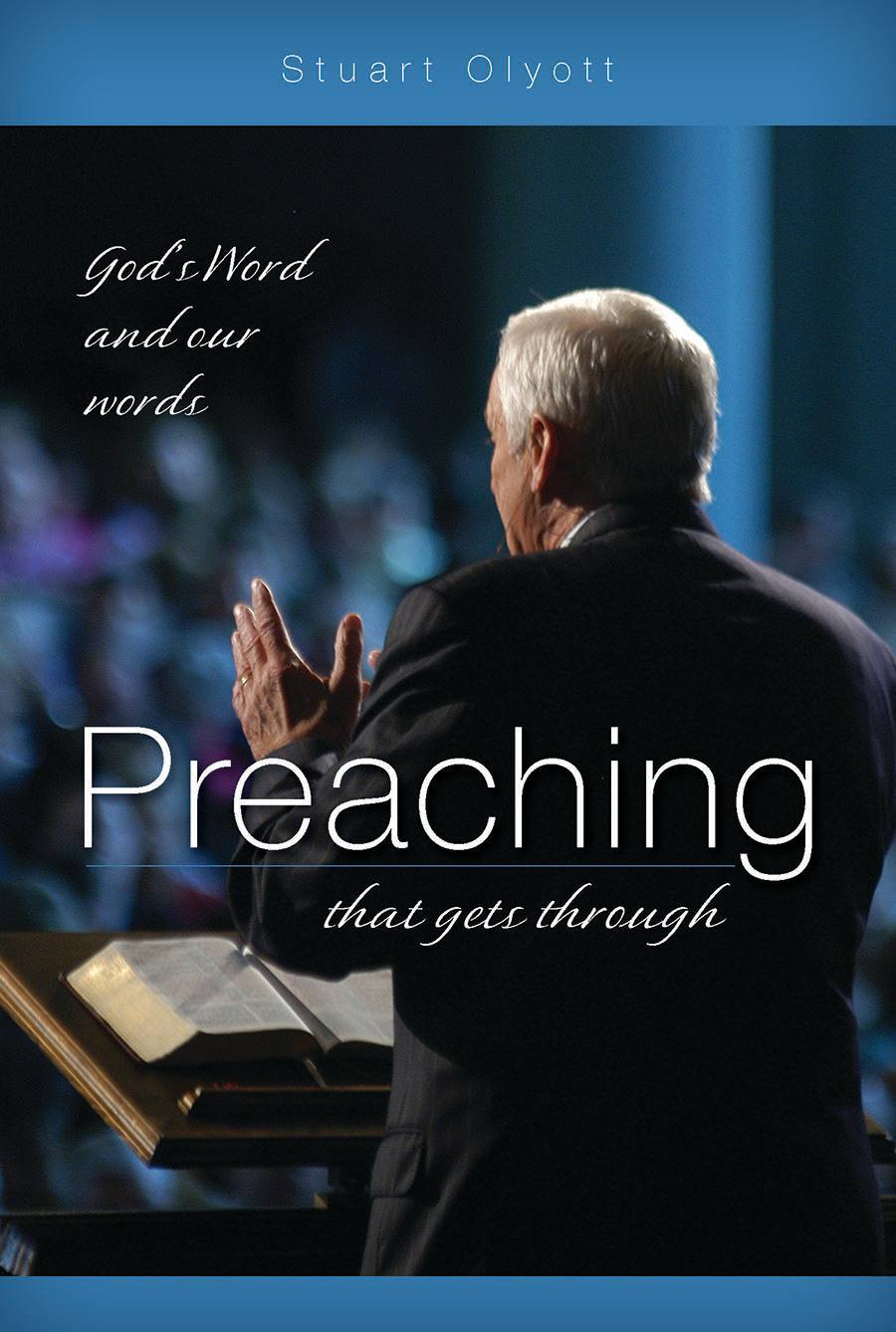
Preaching That Gets Through
God's Word and our words
Description
A penetrating review of 50 years of crucial change in evangelical attitudes and alignments, 1950–2000. 352pp.
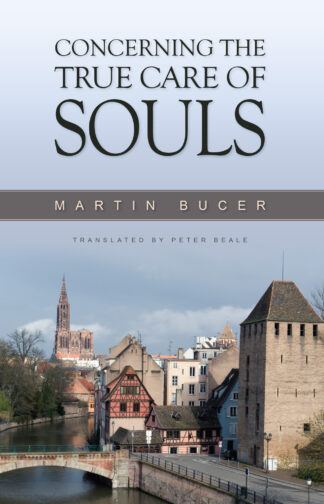
Description
A penetrating review of 50 years of crucial change in evangelical attitudes and alignments, 1950–2000. 352pp.
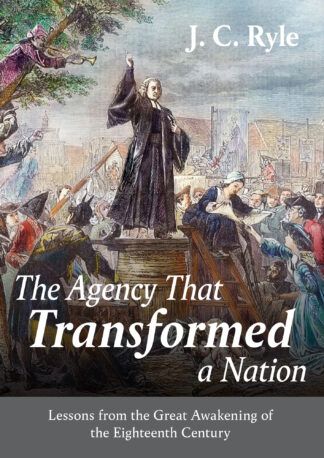
The Agency that Transformed a Nation
Lessons from the Great Awakening of the 18th Century
Description
A penetrating review of 50 years of crucial change in evangelical attitudes and alignments, 1950–2000. 352pp.

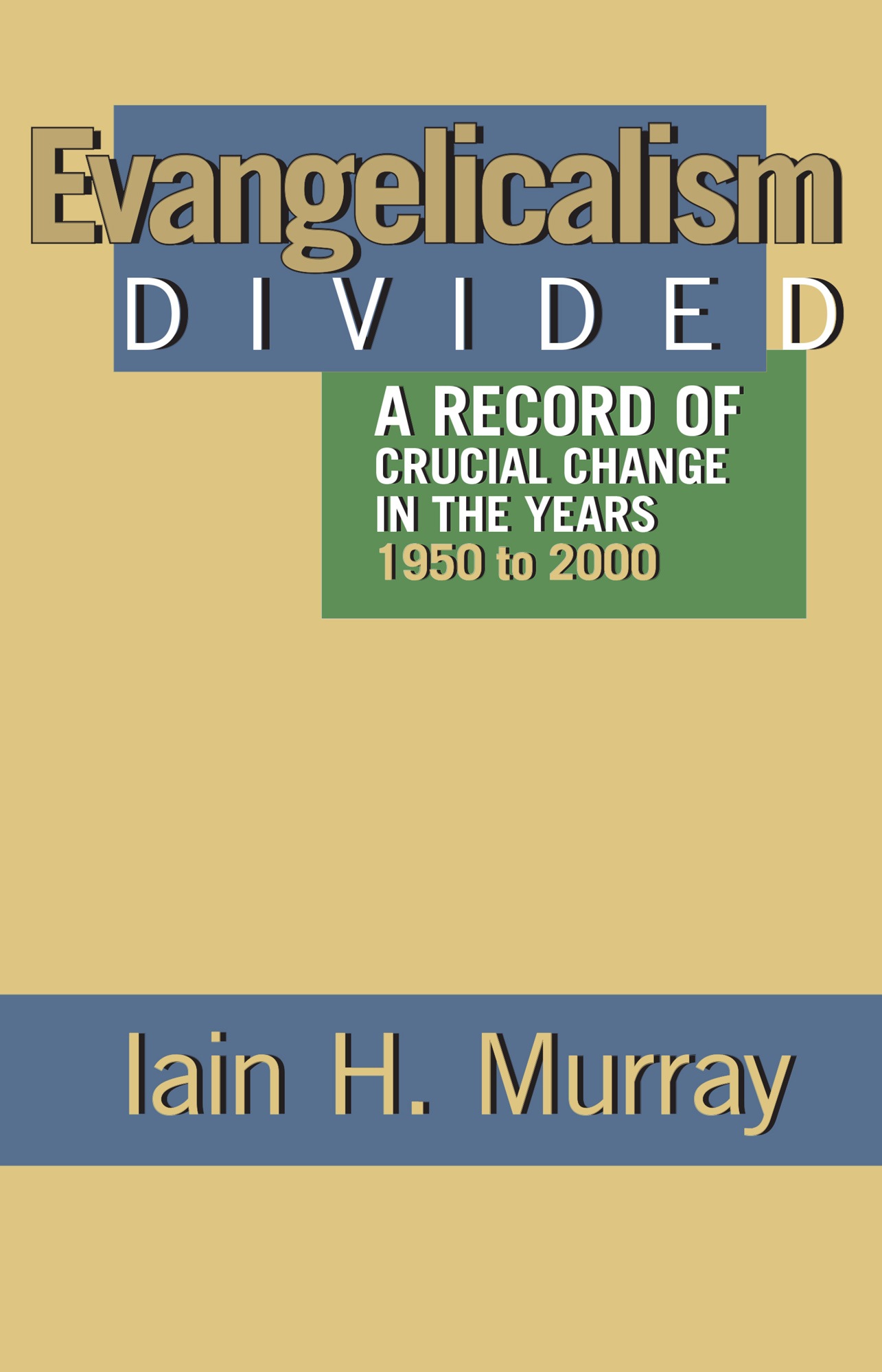

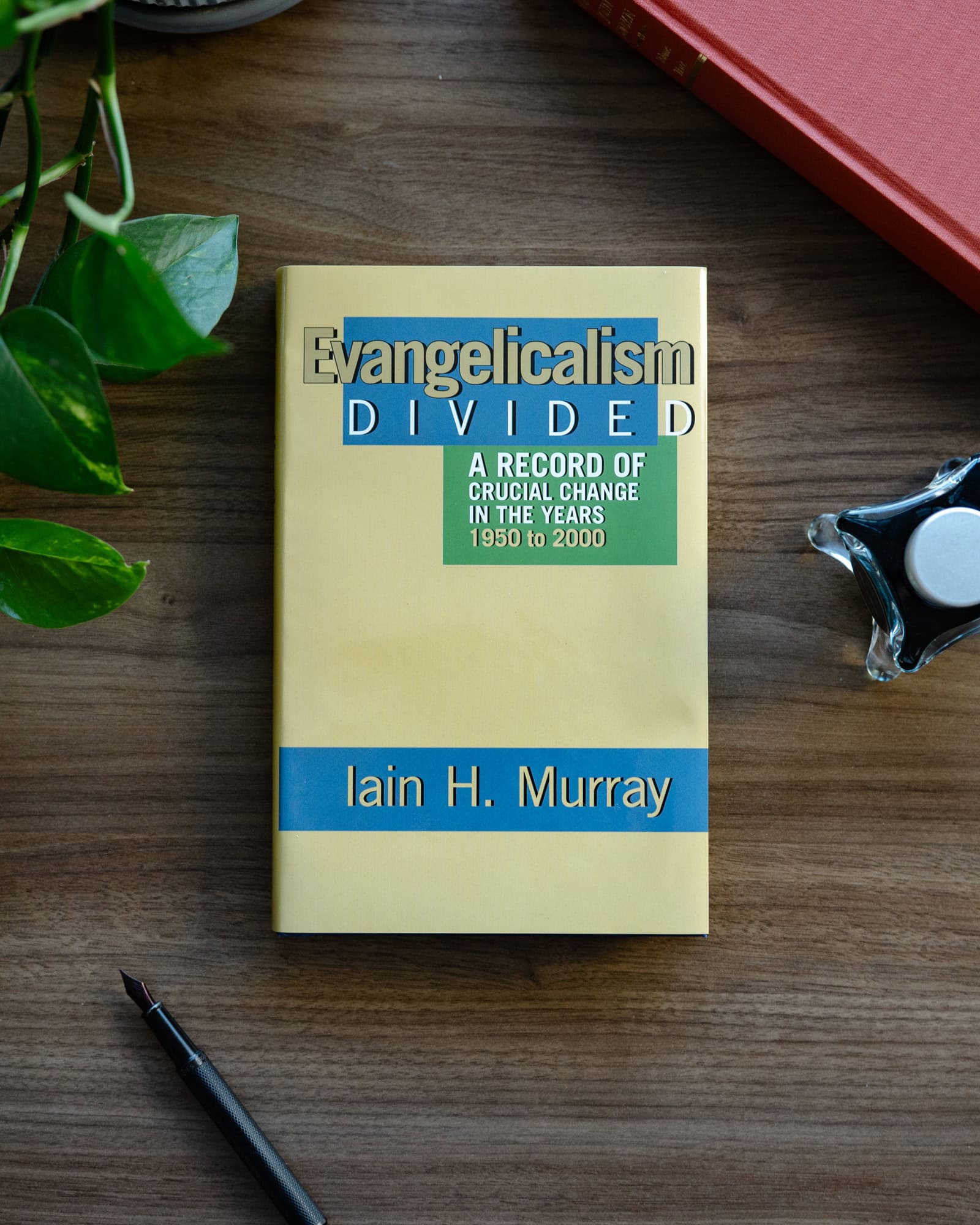
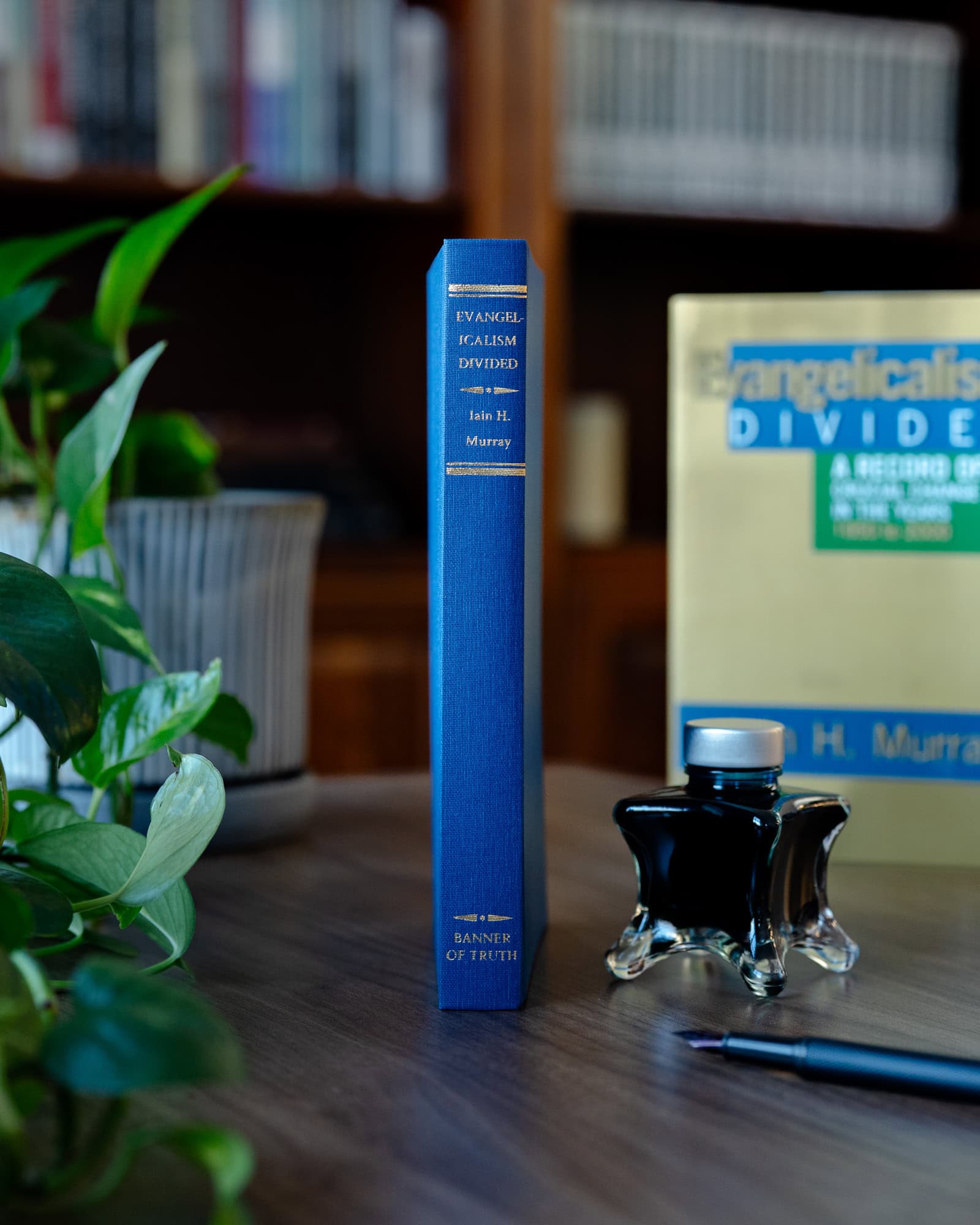

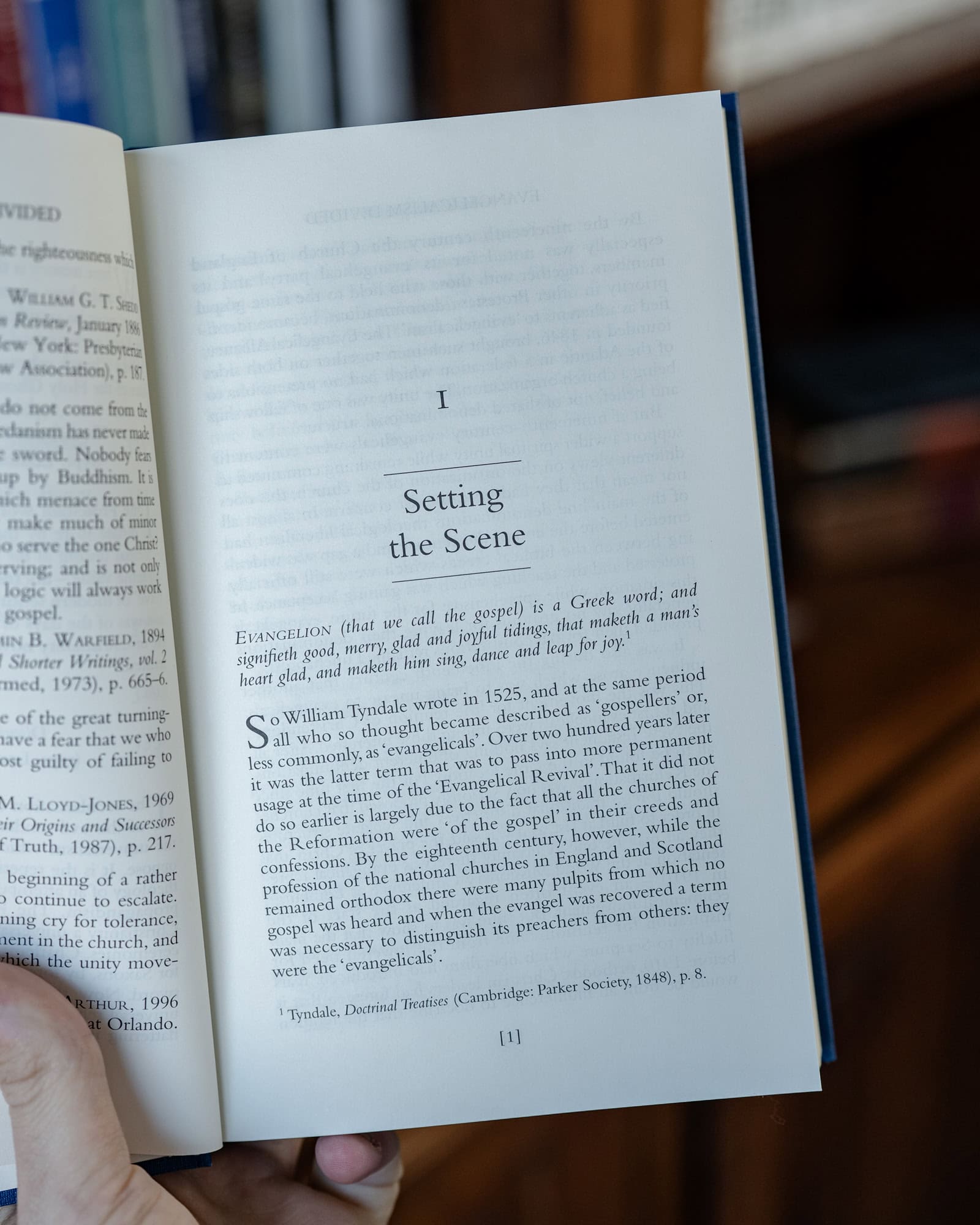
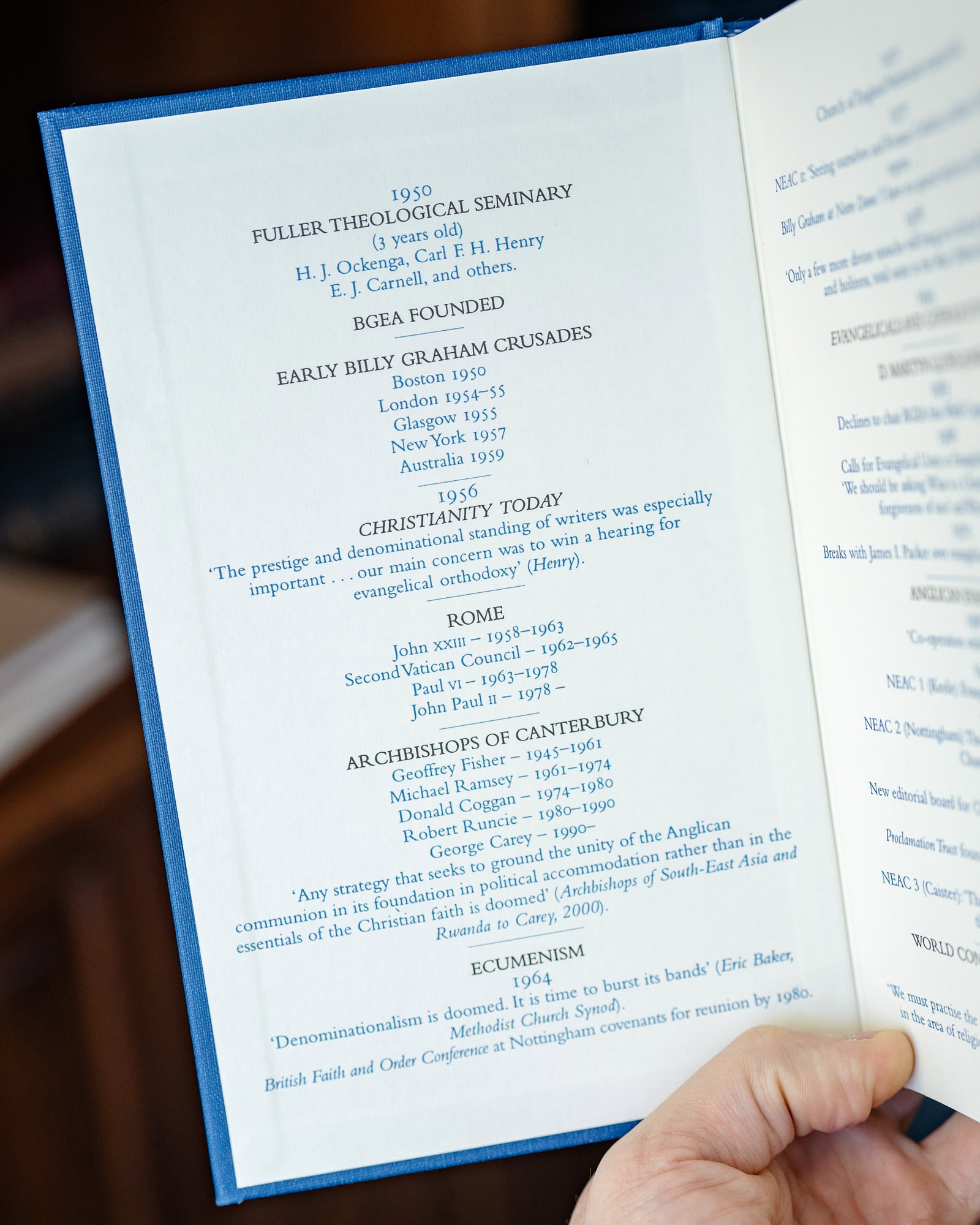
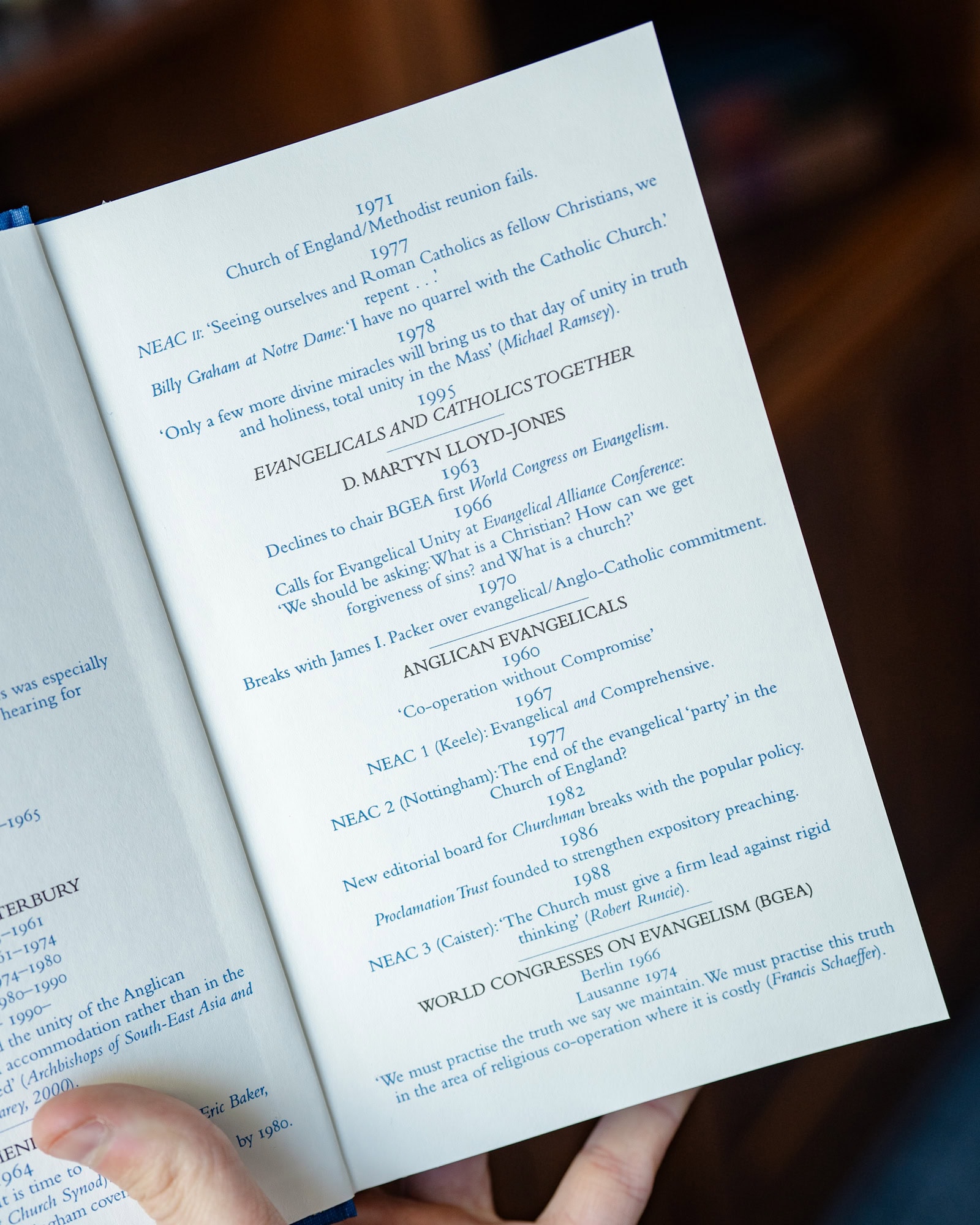
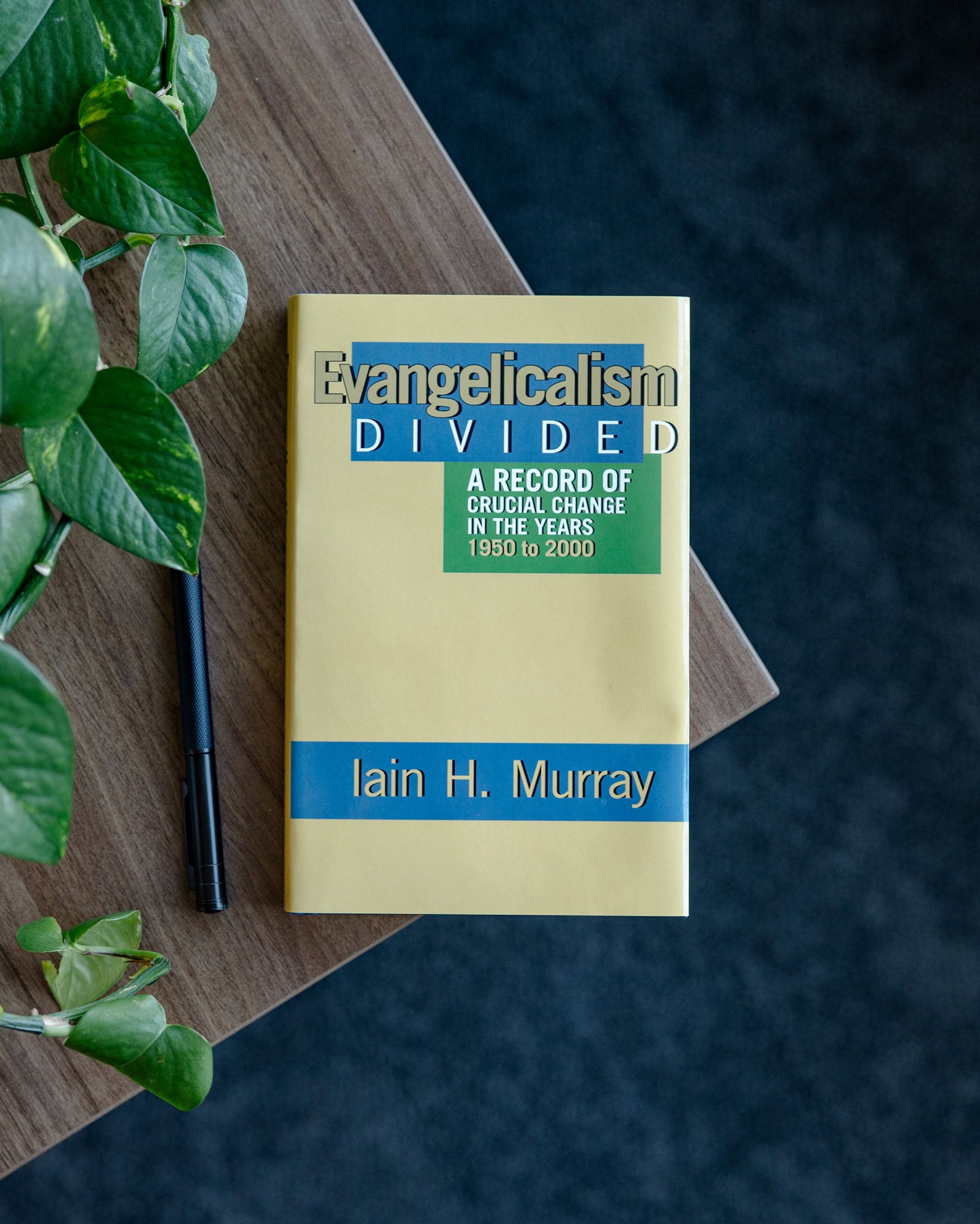
bessdr –
I was thinking this book might be a little dry after first receiving it, but boy was I wrong! Murray provides a concise yet thorough history here of evangelicalism since 1950, and the major struggle over unity at the expense of truth. It was fascinating to read how Billy Graham, Carl F.H. Henry, Martyn Lloyd-Jones, J.I. Packer, John Stott, R.C. Sproul, John MacArthur, and others are all connected to the same, decades-long struggle between Biblical truth and Christian unity. This book is a tremendous help in putting into context all the tensions that exist in evangelicalism today. I recommend it highly.